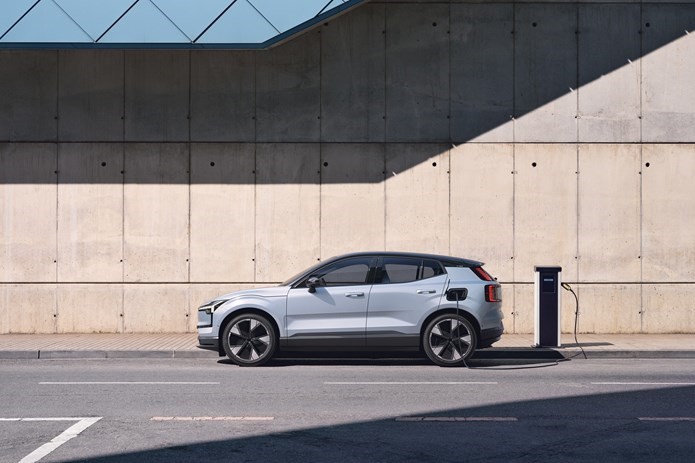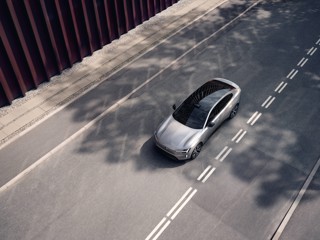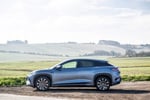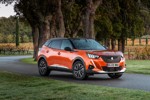Geely-owned Volvo Cars insists its decision to expand production of the all-electric Volvo EX30 in Belgium has been prompted by popular demand for the model – but it could well prove to be a nimble move by the Swedish car maker in a bid to circumvent looming tariffs on Chinese electric car imports.
The European Commission is currently investigating whether to impose punitive tariffs to protect European Union car makers against cheaper Chinese electric vehicle imports whose price it claims is kept artificially low by state subsidies. The Commission will have until next October to assess whether to impose tariffs above the standard 10% EU rate for cars.
The EX30 which is expected to be a small SUV bestseller was launched earlier this year to general acclaim clinching several major awards from the British motoring press. Production of the EX30 has already started in Zhangjiakou, China, with the first cars scheduled to roll off the production line by year-end.
Geely-owned Volvo Cars insists its decision to expand production of the all-electric Volvo EX30 in Belgium has been prompted by popular demand for the model – but it could well prove to be a nimble move by the Swedish car maker in a bid to circumvent looming tariffs on Chinese electric car imports.
The European Commission is currently investigating whether to impose punitive tariffs to protect European Union car makers against cheaper Chinese electric vehicle imports whose price it claims is kept artificially low by state subsidies. The Commission will have until next October to assess whether to impose tariffs above the standard 10% EU rate for cars.
The EX30 which is expected to be a small SUV bestseller was launched earlier this year to general acclaim clinching several major awards from the British motoring press. Production of the EX30 has already started in Zhangjiakou, China, with the first cars scheduled to roll off the production line by year-end.
The manufacturer said the decision to also build the EX30 at its Ghent factory in Belgium boosts production capacity in readiness for the expected EX30 demand in Europe as well as for global export, and reflects Volvo Cars’ ambition ‘to build its cars where it sells them as much as possible’, noting that the multi-site production approach has already been adopted for its XC60 and XC40 SUVs which are made in both Europe and China.
“Our ambition is to sell the EX30 around the world at an attractive price point, easing the transition to driving an electric Volvo car for more people while also contributing to company margins,” said Jim Rowan, Volvo Cars’ chief executive. “Adding production in Ghent is a logical move as we aim to capture the strong demand for our exciting small electric SUV across the globe.”
Joining the XC40 and C40 models on the Ghent production line, the EX30 is the third fully electric Volvo model to be produced in Europe, strengthening both its electric car production capabilities in the region and its ambitious electrification strategy to sell only fully electric cars by 2030. Already by mid-decade, it aims for half of its global sales volume to consist of fully electric cars.
Based on a new platform from Volvo's parent company Geely, which is shared with the new Smart #1 and Polestar 4 - Volvo's new electric SUV, the EX30, will be very competitively priced from £33,795 when it goes on sale in Britian in the first quarter of next year.
One industry expert said: “In the current challenging times of supply chain issues and a potential clash between the European Union and China over electric car imports, flexibility is something that must be considered. It will be interesting to see whether Volvo will be able to maintain the pricing with the European production - usually considered more expensive than the Chinese plants.”
Login to continue reading
Or register with AM-online to keep up to date with the latest UK automotive retail industry news and insight.






















Login to comment
Comments
No comments have been made yet.